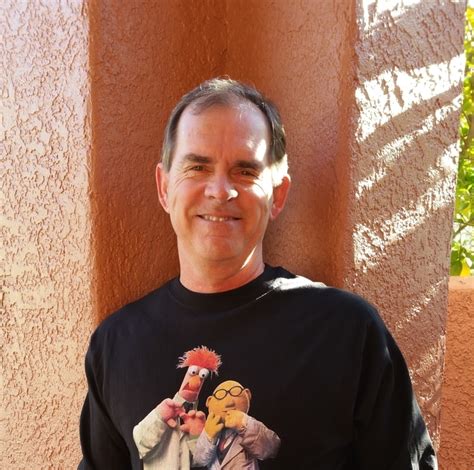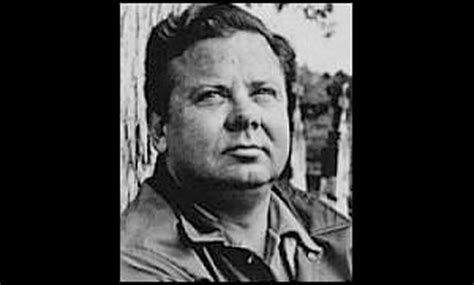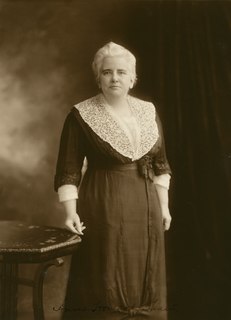A Quote by Doug Phillips
Many a man looking death, or simply compromise, in the face has been spared the label coward because his faith was bolstered by the memory of heroes who walked before him.
Related Quotes
Many a man has walked up to the opportunity for which he has long been preparing himself, looked it full in the face, and then begun to get cold feet... when it comes to betting on yourself and your power to do the thing you know you must do or write yourself down a failure, you're a chicken-livered coward if you hesitate.
The opposite of compromise is not integrity. The opposite of compromise is not idealism. The opposite of compromise is fanaticism and death. And yes, I know one or two things about fanaticism and death, and I reject them. The alternative to fanaticism and to death is not some miraculous realization that someone has been wrong and he has to apologize. No, the answer to fanaticism and to death is curiosity and compromise and concession.
What more ghastly image can be called up than that of a man betrayed by his body who, simply because he did not die in time, lives out the comedy while awaiting the end, face to face with that God he does not adore, serving him as he served life, kneeling before a void and arms outstretched toward a heaven without eloquence that he knows to be also without depth?
What the articles which have been written about The First Man propose is humility. The acceptance of these contradictions. Seeking an explanation is death. The lie is death in [Albert] Camus. That's why in Camus' play The Misunderstood the son dies, killed by his sister and his mother, because he lied. He never told them who he was. They killed him because they didn't recognise him.
At the solemn moment of death, every man, even when death is sudden, sees the whole of his past life marshalled before him, in its minutest details. For one short instant the personal becomes one with the individual and all-knowing ego. But this instant is enough to show to him the whole chain of causes which have been at work during his life.
Do not accept anything simply because it has been said by your teacher, or because it has been written in your sacred books, or because it has been believed by many, or because it has been handed down by your ancestors. Accept and live only according to what will enable you to see truth face to face.
The abbot told me once that lying was a betrayal to one's self. It's evidence of self-loathing. You see, when you are so ashamed of your actions, thoughts, or intentions, you lie to hide it rather than accept yourself for who you really are. The idea of how others see you becomes more important than the reality of you. It's like when a man would rather die than be thought of as a coward. His life is not as important to him as his reputation. In the end, who is the braver? The man who dies rather than be thought of as a coward or the man who lives willing to face who he really is?
I came across a photograph of him not long ago... his black face, the long snout sniffing at something in the air, his tail straight and pointing, his eyes flashing in some momentary excitement. Looking at a faded photograph taken more than forty years before, even as a grown man, I would admit I still missed him.
This was Barrington Erle, a politician of long standing, who was still looked upon by many as a young man, because he had always been known as a young man, and because he had never done anything to compromise his position in that respect. He had not married, or settled himself down in a house of his own, or become subject to the gout, or given up being careful about the fitting of his clothes.
And looking into the face of ... one dead man we see two dead, the man and the life of the woman who gave him birth; the life she wrought into his life! And looking into his dead face someone asks a woman, what does a woman know about war? What, what, friends in the face of a crime like that, what does man know about war?
I once walked into a party, and I had just sprayed myself with an aura of my secret scent. I walked through to greet my friends, and as I walked, the breeze must have lifted my scent into the air. A man who had been looking quite morose at the bar, suddenly started to make his way towards me exclaiming, "What is that scent?" He was literally mesmerized!


































